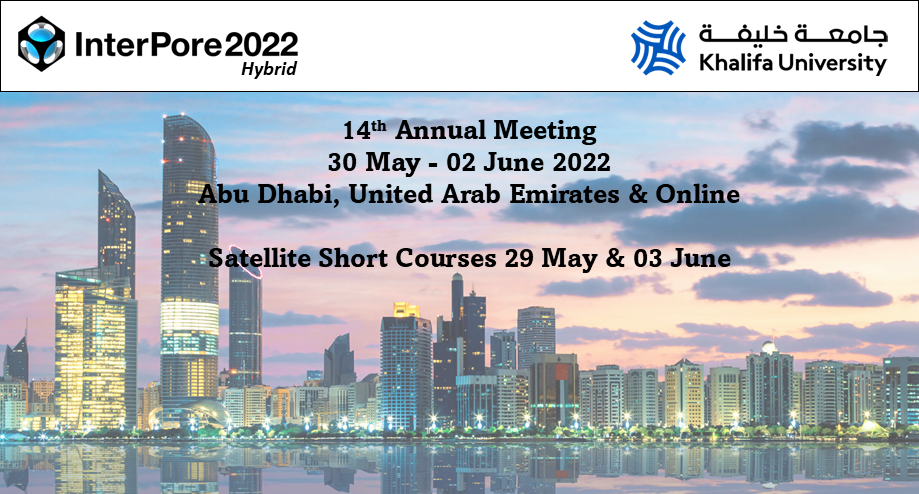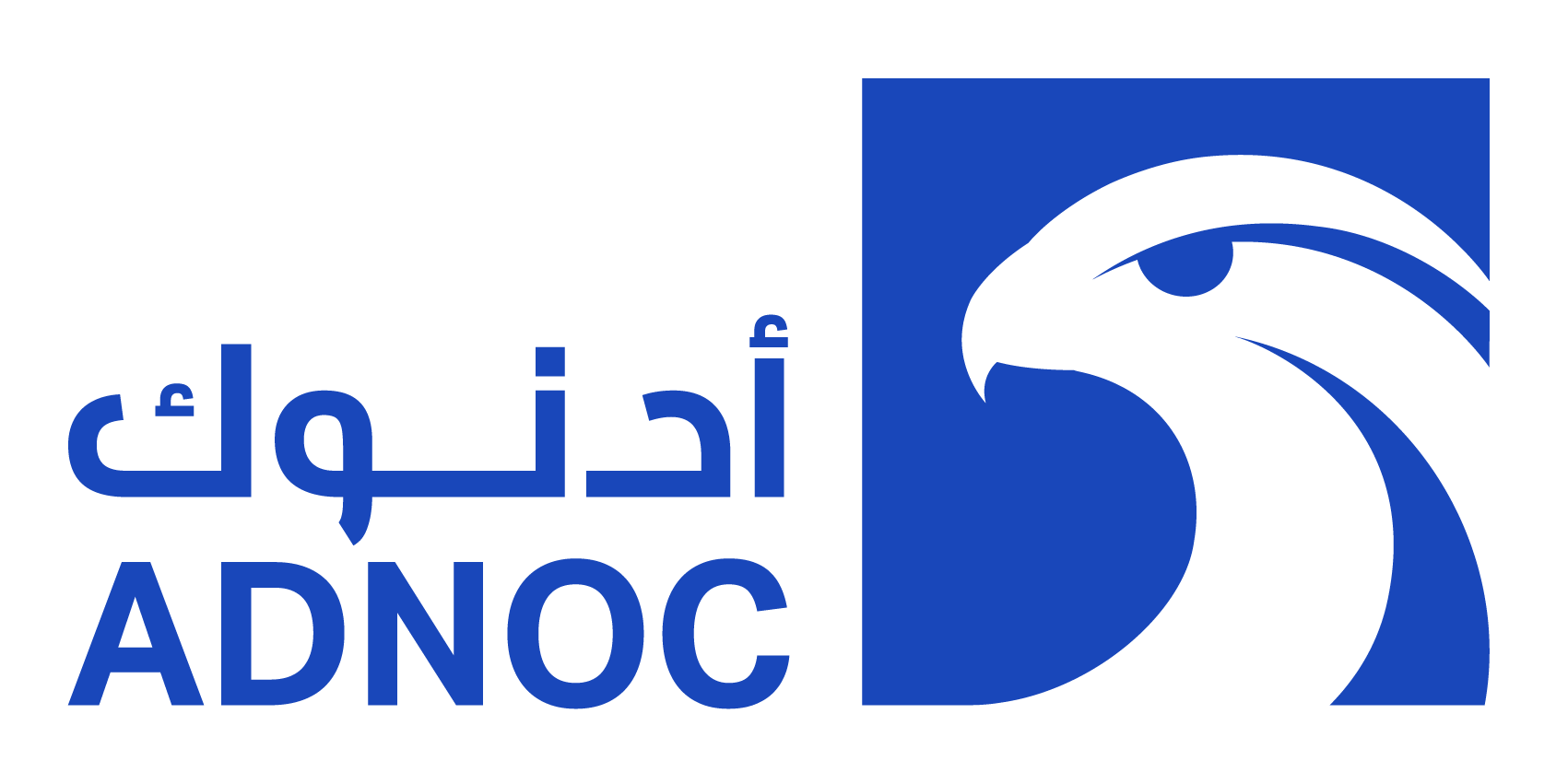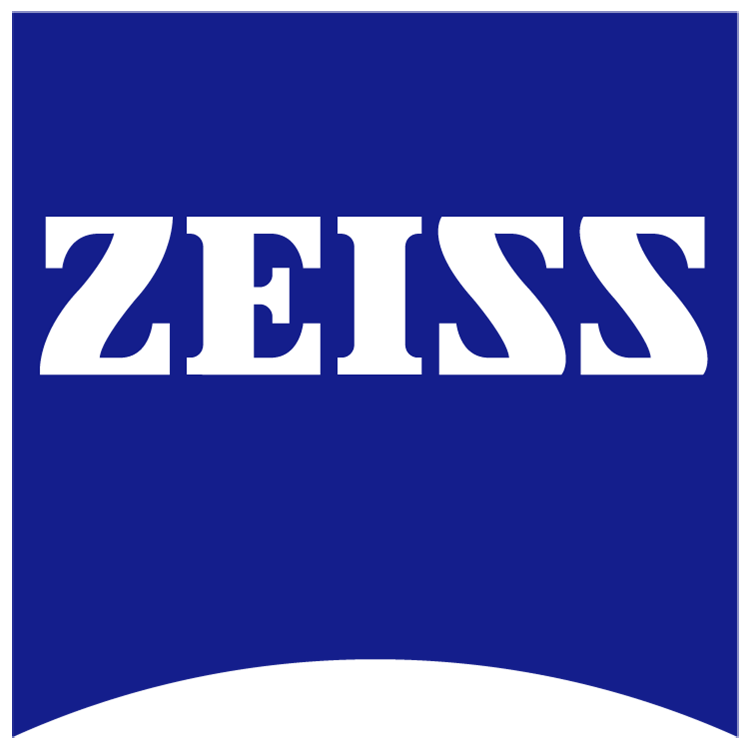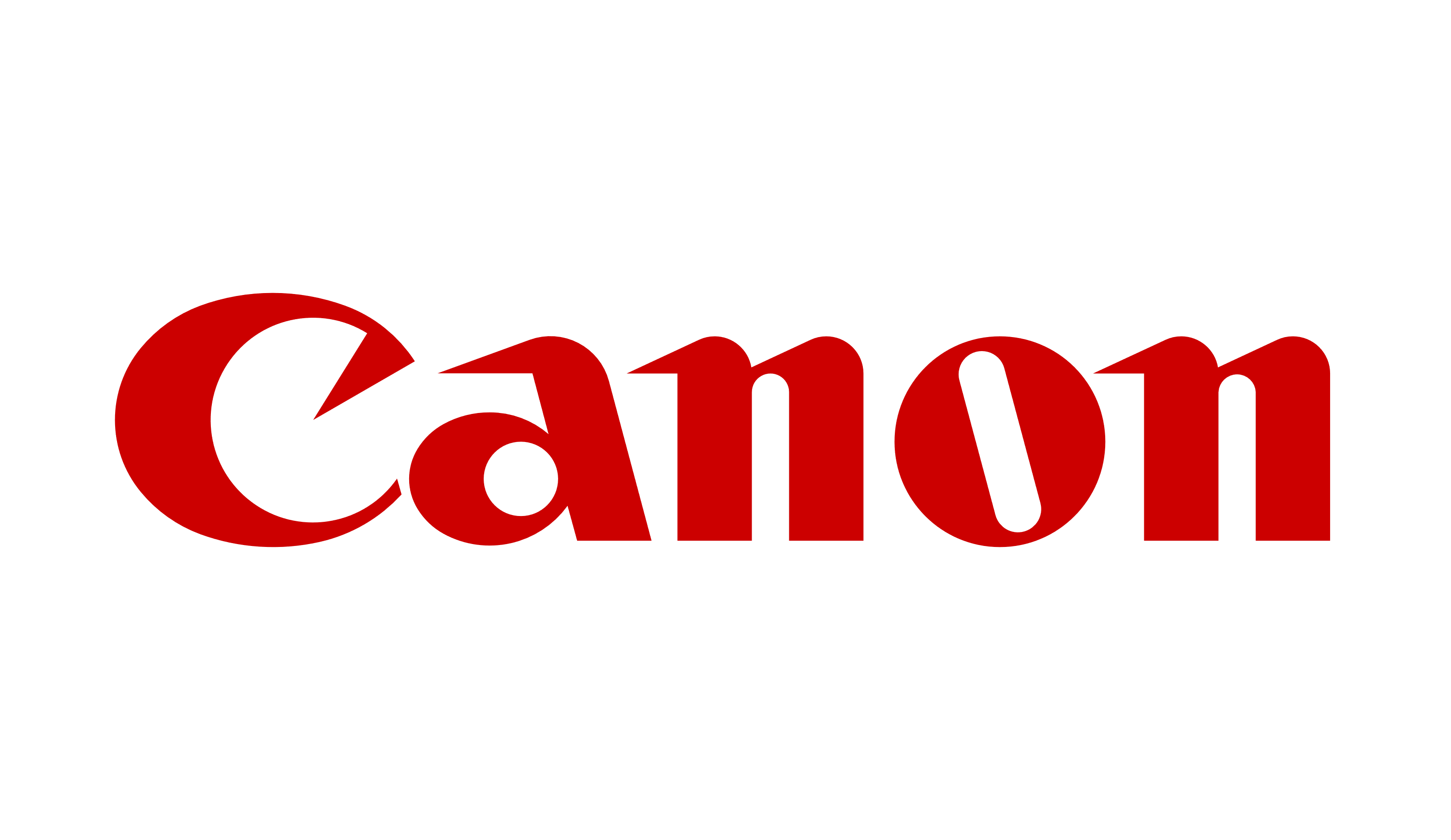Speaker
Description
Fluid-fluid displacement in porous media plays a significant role in many industrial applications, including geologic carbon dioxide sequestration, enhanced oil recovery, and fuel cells. Microfluidics systems are powerful tools to study fluid-fluid displacement in well-controlled geometries. Recently, the thiolene-based polymer called NOA81 emerged as an ideal material in the fabrication of microfluidic devices, since it combines the versatility of conventional soft photolithography and a wide range of achievable wettability conditions. Specifically, the wettability of NOA81 can be continuously tuned by exposing it to high-energy UV light (Levaché et al., 2012, Zhao et al., 2016, Odier et al., 2017). Despite its growing popularity, the exact physical and chemical mechanisms behind the wettability alteration have not been fully characterized.
Here, we apply a suite of different characterization techniques, including X-ray photoelectron spectroscopy (XPS), zeta potential measurements, and atomic force microscopy (AFM) to investigate the impact of high-energy UV on the chemical and physical properties of NOA81 film. We find that high-energy UV exposure increases the ratio of oxygen to carbon (O/C) and polar functional groups of the polymer film, which enhances the surface energy and hydrophilicity. The zeta potential measurements demonstrate that the alteration of surface chemical composition leads to a more negative surface charge. In addition to changes in the surface chemistry, our AFM measurements show that high-energy UV exposure reduces the roughness of the NOA81 surface. Lastly, we advance the state-of-the-art of NOA81 based microfluidic systems by creating i) a 2D surface with a wettability gradient (Fig. 1A) and ii) a 3D column packed with NOA81 beads with controlled wettability (Fig. 1B).
| Participation | Online |
|---|---|
| Country | Canada |
| MDPI Energies Student Poster Award | No, do not submit my presenation for the student posters award. |
| Time Block Preference | Time Block C (18:00-21:00 CET) |
| Acceptance of the Terms & Conditions | Click here to agree |









